The Federal Ministry of Livestock Development has announced the development of a comprehensive 15-year master plan aimed at unlocking the vast potential of Nigeria’s livestock sector. The initiative was revealed by the Minister of Livestock Development, Alhaji Idi Mukhtar, during a conference in Abuja to commemorate the 2025 World Milk Day.
The minister said the master plan would serve as a blueprint for sustainable growth and innovation in the sub-sector, which is critical to Nigeria’s food security, economic diversification, and rural development goals.
According to Mukhtar, the ministry—backed by technical assistance from the Food and Agriculture Organization (FAO) of the United Nations—has successfully validated the National Strategy and Action Plan on Animal Genetic Resources. The plan outlines steps to conserve, improve, and harness the genetic potential of Nigeria’s diverse livestock breeds.
In a bid to reduce long-standing farmer-herder conflicts, Mukhtar said the ministry has completed digital mapping of grazing reserves across the country. These maps detail the availability of pasture, water, security infrastructure, and other resources necessary to encourage pastoralists to settle, rather than migrate in search of grazing land.
He also issued a call to action for Nigerian youth:
“To the Nigerian youth—our coders, agripreneurs, innovators, and content creators—this is your invitation. Whether it is drone-assisted pasture monitoring or mobile vet services, your innovations can drive this sector forward. We need apps for traceability, startups for cold-chain logistics, smart ideas to recycle farm waste into feed, and digital platforms to connect dairy producers with markets and financiers. You don’t have to wear boots to be in livestock. You can wear sneakers and still drive change.”
Alhaji Mukhtar further disclosed that the ministry aims to double Nigeria’s annual milk production from the current 700,000 metric tonnes to 1.4 million metric tonnes within the next five years—positioning Nigeria as a major global milk producer.
Also speaking at the event, Ambassador Samuela Isopi, Head of the European Union (EU) Delegation to Nigeria, noted that local dairy production remains insufficient to meet national demand. According to her, only 40% of Nigeria’s dairy needs are currently met through domestic production.
She emphasized that a robust local dairy industry could play a vital role in improving nutrition, especially for vulnerable populations, and contribute to broader economic development and sustainability goals.
“The World Milk Day reminds us of the nutritional value of milk and the essential role dairy plays in national and global development,” Ambassador Isopi said. “Despite significant investments by dairy companies, the sector still faces critical challenges limiting the supply and quality of milk.”
This year’s World Milk Day celebration in Nigeria was held under the theme: “Let’s Celebrate the Power of Dairy in Nigeria.” The event highlighted the importance of public-private partnerships, youth engagement, and technological innovation in advancing the dairy industry and achieving food security.


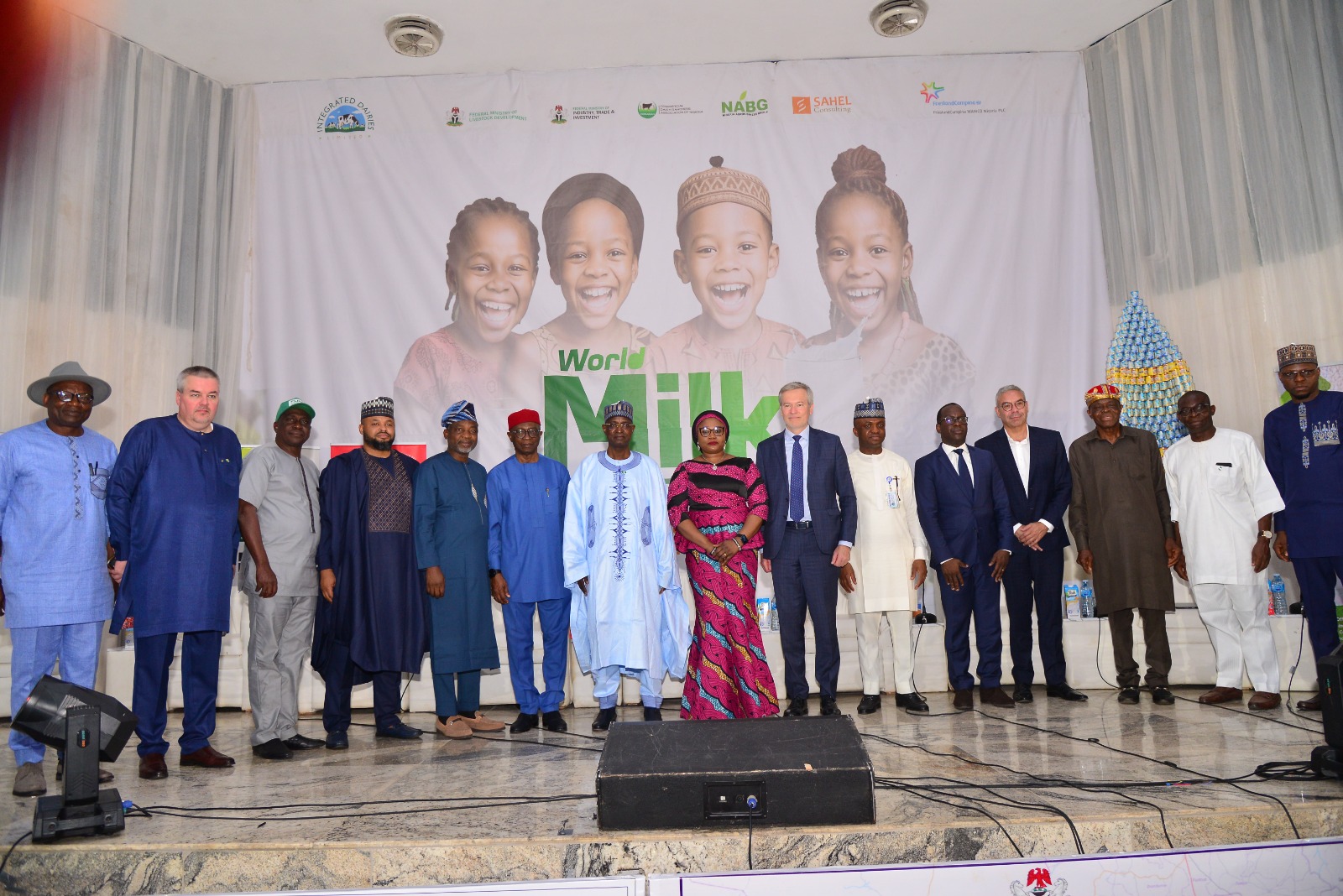
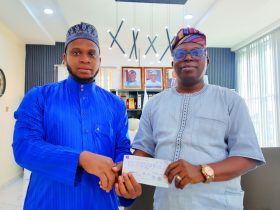

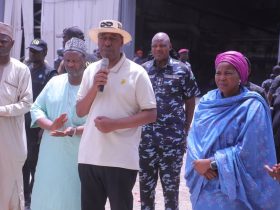
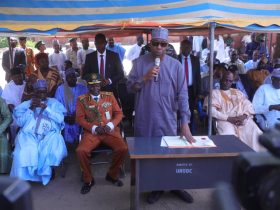



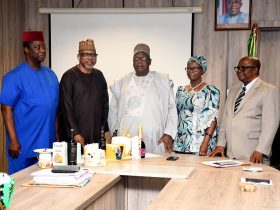

Leave a Reply